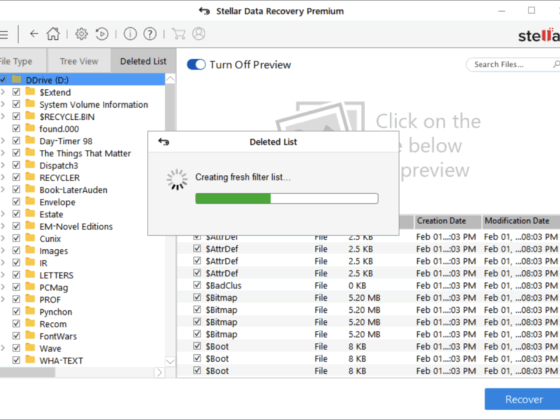
Reports from Vice and The Intercept have alleged that Zoom is engaging in practices that may make some users uncomfortable. First, a report The Intercept has claimed that Zoom’s video service is not end-to-end encrypted, despite the company’s claims that it is. Furthermore, Vice has reported that thousands of email addresses and photos have been leaked from the video service.
“I was shocked by this! I subscribed (with an alias, fortunately) and I saw 995 people unknown to me with their names, images and mail addresses,” Zoom user Barend Gehrel told Vice.
“If you subscribe to Zoom with a non-standard provider (I mean, not Gmail or Hotmail or Yahoo etc), then you get insight to ALL subscribed users of that provider: their full names, their mail addresses, their profile picture (if they have any) and their status. And you can video call them,” Gehrel added.
Tech Crunch added on to reports that the video calling platform was engaging in practices that may make some users uncomfortable. A report from the site’s Senior Editor Zack Whittaker showed that Apple stepped in to secure millions of Macs after it found that Zoom failed to inform users that it installed a secret web server on users computers. Whittaker also highlighted that Zoom sent data about user’s habits to Facebook
Adding on, numerous outlets reported that hackers could potential steal the logins of Windows users through the website’s chat function.
In response to numerous allegations, Zoom has opted to tighten its security policies. Specifically, Zoom has announced that it will not analyze video calls and photos for use in advertisement.
“After hearing the concerns that you and others have raised over the past week or so, Zoom just posted a blog announcing some clarifying updates to it privacy policy,” a representative from the company stated.
Zoom has exploded in recent weeks as COVID-19 has caused many people to work from home. The video service has provided a useful tool for those hoping to reach coworkers at the touch of a mouse. However, complaints and concerns may turn users away in the future.







